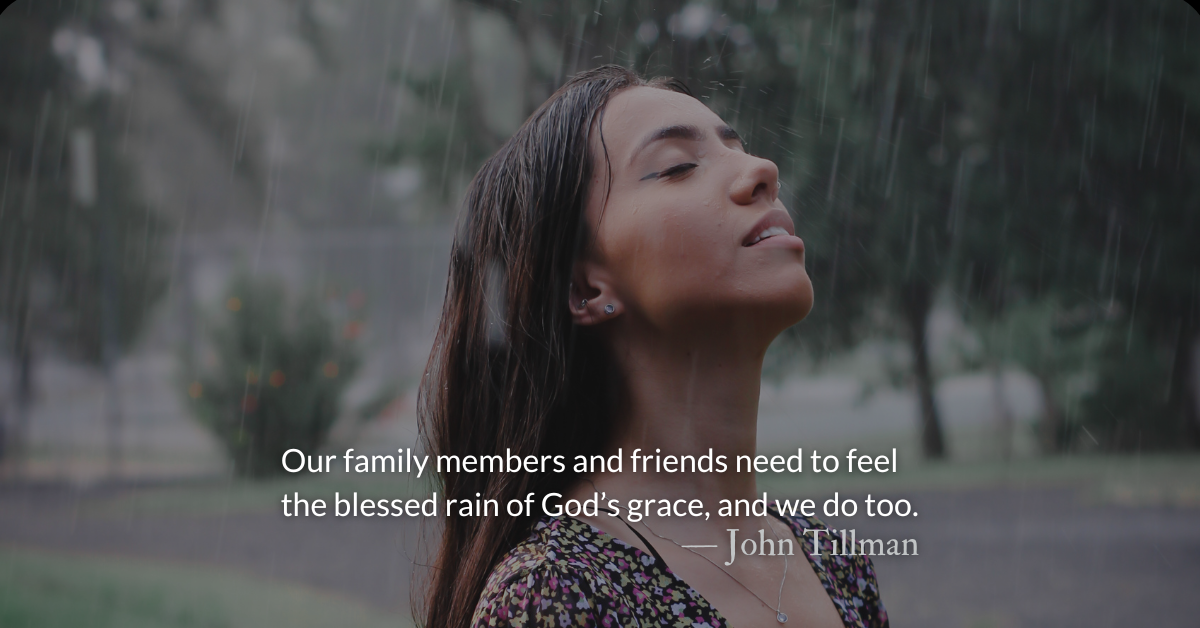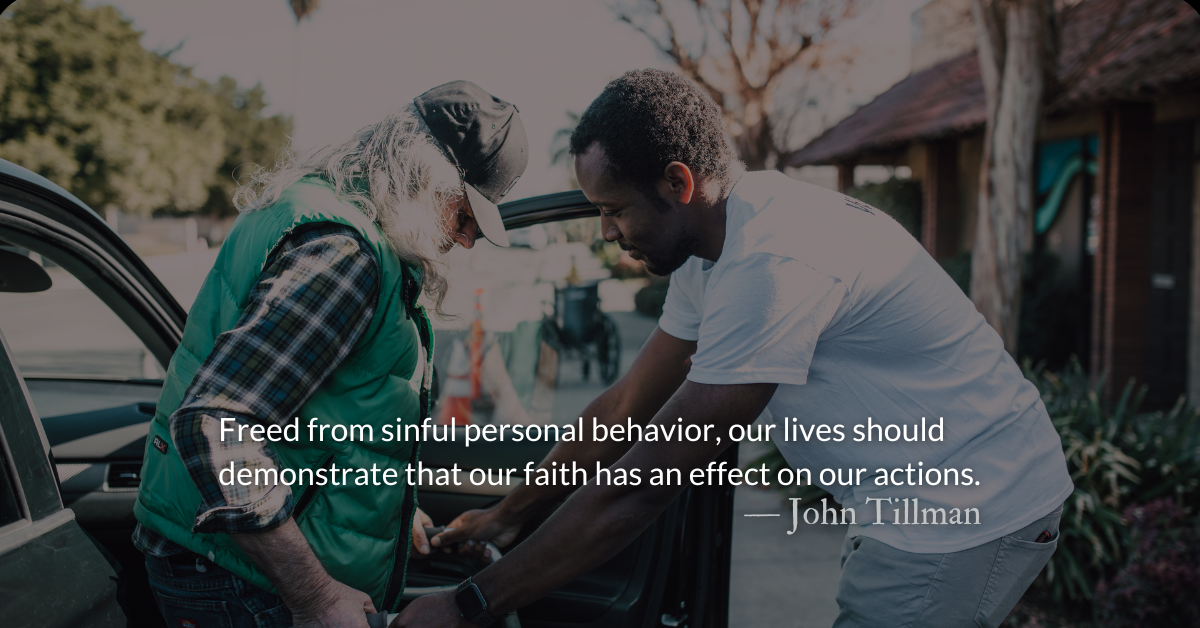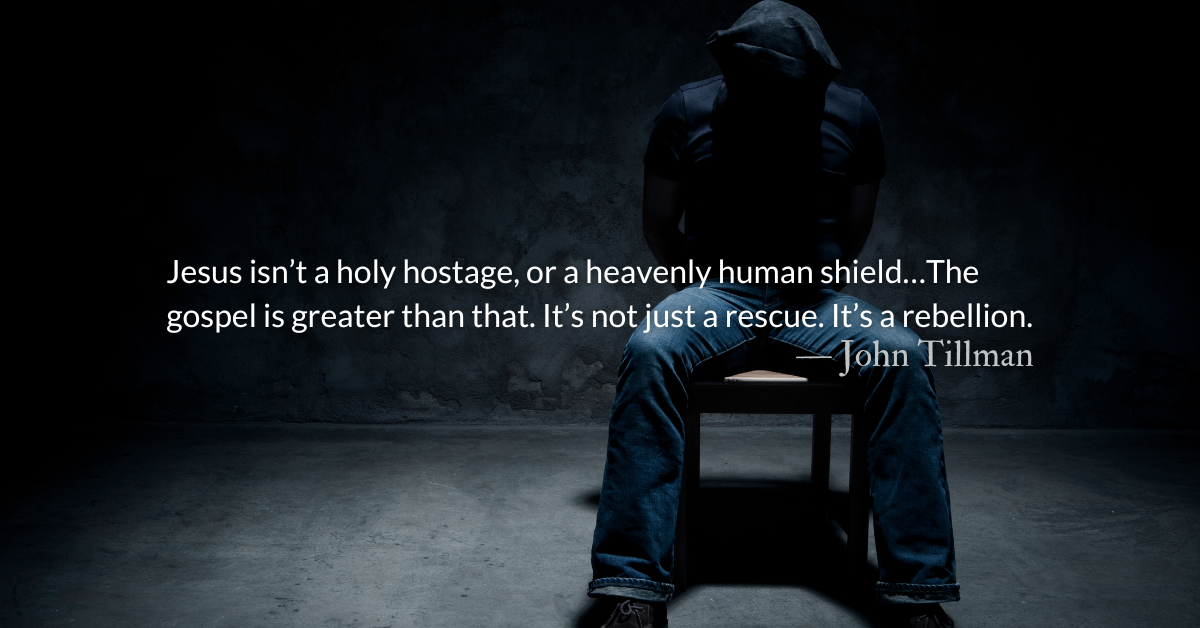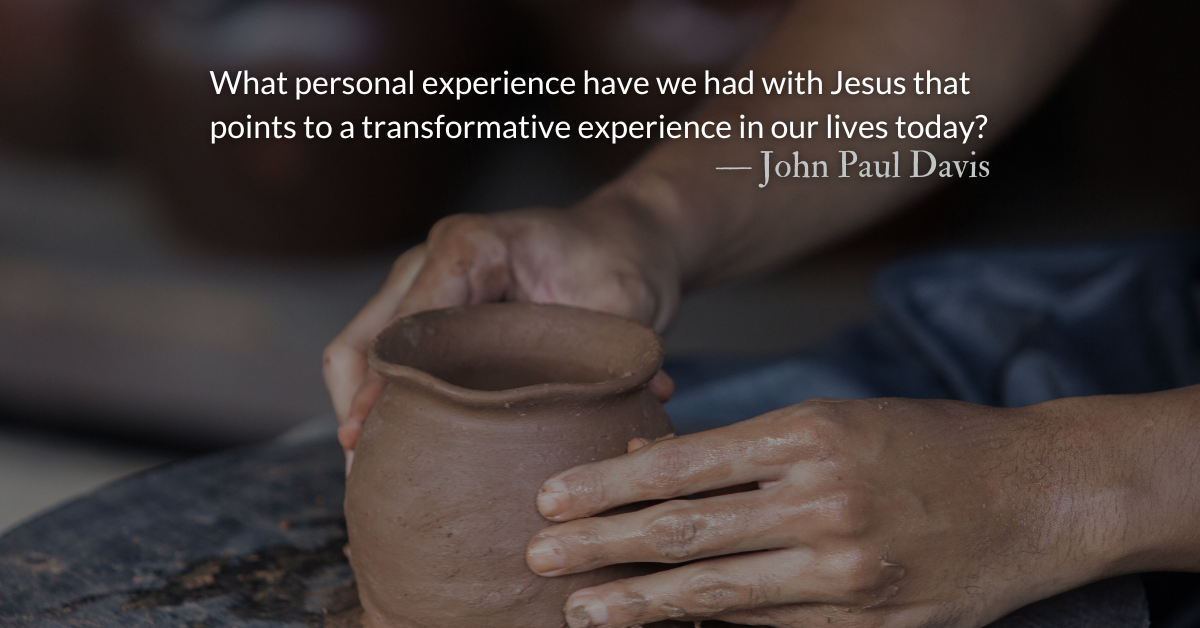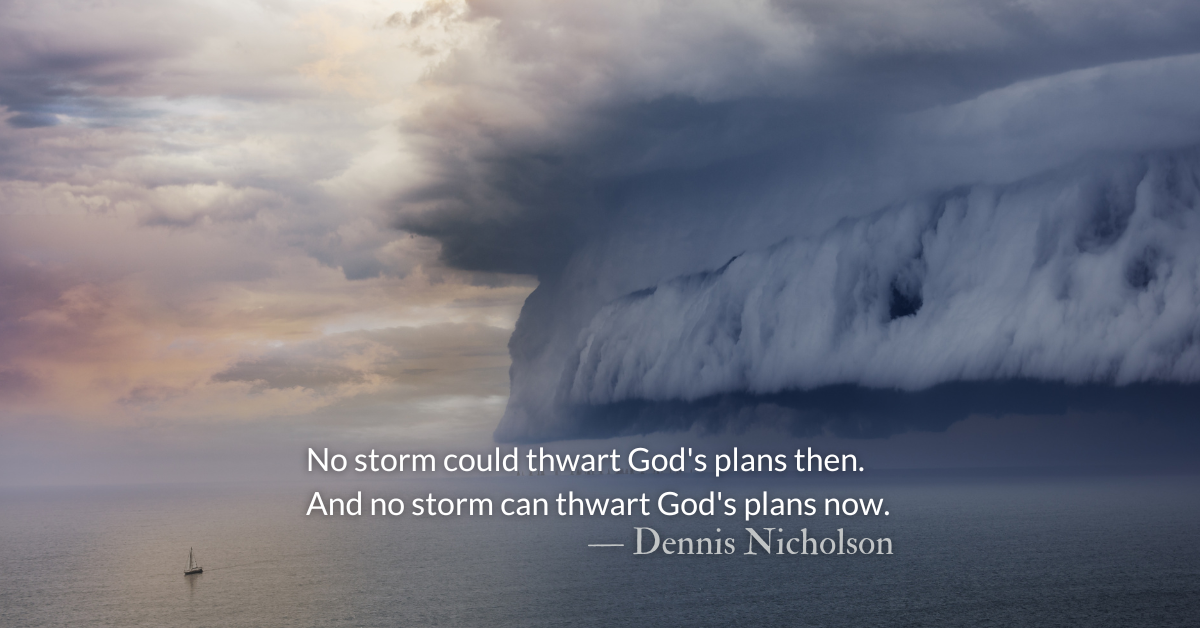Scripture Focus: James 5.17-20
17 Elijah was a human being, even as we are. He prayed earnestly that it would not rain, and it did not rain on the land for three and a half years. 18 Again he prayed, and the heavens gave rain, and the earth produced its crops.
19 My brothers and sisters, if one of you should wander from the truth and someone should bring that person back, 20 remember this: Whoever turns a sinner from the error of their way will save them from death and cover over a multitude of sins.
1 Kings 18.42b-45a
42 …Elijah climbed to the top of Carmel, bent down to the ground and put his face between his knees.
43 “Go and look toward the sea,” he told his servant. And he went up and looked.
“There is nothing there,” he said.
Seven times Elijah said, “Go back.”
44 The seventh time the servant reported, “A cloud as small as a man’s hand is rising from the sea.”
So Elijah said, “Go and tell Ahab, ‘Hitch up your chariot and go down before the rain stops you.’”
45 Meanwhile, the sky grew black with clouds, the wind rose, a heavy rain started falling…
Reflection: Praying for Rain
By John Tillman
Early last week, our area got rain after 67 long, hot days. Social media feeds overflowed with pictures and videos of people outside, standing in the rain, playing in their driveways, yards, and streets. The joy was tangible.
Relief from a hotter than normal summer was only one part of it. Practical concerns about water levels were not front of mind. The joy came from a recognition that rain is a blessing.
James connected the story of Elijah praying for rain to bringing back to the faith those who wandered from the truth.
Prior to praying for rain to fall, Elijah had prayed for fire. He was confronting Israel for wandering and wavering between two opinions—worshiping Baal or Yahweh. He challenged them to return to God and when they did, rain returned to the land after a long drought.
James also connected rain to blessings of growth—of crops coming up from the earth. Crops and harvest are gospel language. Metaphors of seed and planting and growth sprang up frequently in Jesus’ teaching. After speaking to the Samaritan woman and describing himself as bringing living water, Jesus told the disciples the fields were ripe for harvest. (John 4.35-39) Not just one woman, but an entire town turned to God.
Before the resurrection, James was among those brothers of Jesus who rejected him, (John 7.5) were offended by him (Mark 6.3), and thought him to be insane. (Mark 3.21) Jesus, after his resurrection, poured out the rain of living water which grew faith even in the hardened heart of his brother, James.
Many of us know of and pray for those who have rejected Jesus or wandered from the truth. We know offended and doubtful people like James. We know questioning people like the woman at the well. Our family members and friends need to feel the blessed rain of God’s grace, and we do too. For in the rain, Elijah was also rejuvenated. (1 Kings 18.46) And as James would testify, even the obstinate can be won over through the winsome winds of the Holy Spirit.
Elijah and James encourage us to keep planting seeds of truth in a drought and pray for rain. Watch for clouds, even small ones, that show that God’s Spirit is moving and working. (1 Kings 18.43-44) When the rains come, they will be a refreshment for your spirit, even as they bring life to the seeds of the gospel you plant in faith now.
Divine Hours Prayer: The Refrain for the Morning Lessons
For we are your people and the sheep of your pasture; we will give you thanks forever and show forth your praise from age to age. — Psalm 79.13
Today’s Readings
Jeremiah 9(Listen -4:38)
James 5(Listen – 3:01)
Read more about The Blandness of Hell
In Heaven, we are drawn closer to God…Hell is a place of self-exile…When Sartre said “Hell is other people,” he was too broad. Hell is our self alone.
Readers’ Choice is Coming!
We need to know your favorite posts from the past 12 months. Even if all you have to say is, “It blessed me,” share it with us and we’ll share it with others.

